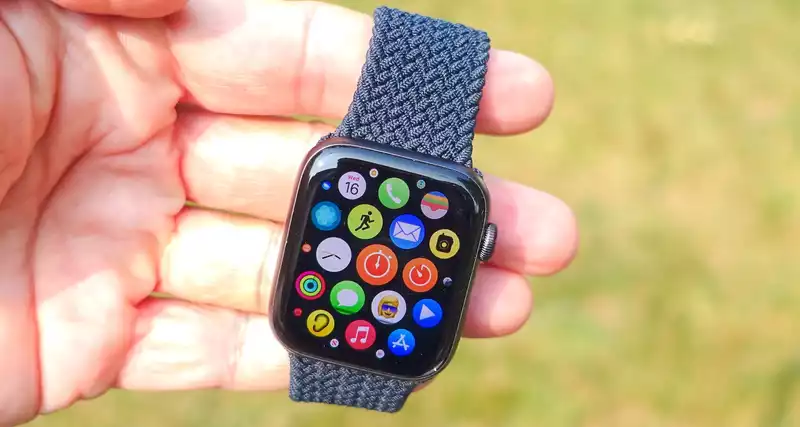The Apple Watch 7 is expected to arrive this fall, but the models after that are already looking exciting Rumors of Apple's intention to include some sort of blood glucose monitor in the Apple Watch date back to 2017, when CEO Tim Cook was reportedly seen walking around the company wearing a prototype device
Four years later, the Apple Watch tracks a myriad of health statistics, but blood glucose levels are still non-existent without the addition of expensive specialized hardware But with evidence coming not from Apple itself, but from a startup on the verge of going public, it seems that could soon change
The Telegraph has uncovered SEC documents from British firm Rockley Photonics that not only reveal that Apple is the company's largest customer, but that it is also responsible for a huge slice of the company's revenue for the second year running
"Rockley believes that its operating results for the foreseeable future will continue to depend to a significant degree on revenues attributable to a small number of large customers, including Rockley's largest customer, Apple Inc" Rockley's two largest customers represent 100% and 996% of Rockley's revenue in 2020 and 2019, respectively"
The company manufactures sensors that read multiple blood signals including lactate, alcohol, carbon monoxide, blood pressure, blood oxygen, core body temperature, and glucose without the use of medical devices It is the last of these that Apple is particularly interested in, given recent rumors about the Apple Watch 7's blood glucose levels
Unfortunately, it appears that may be a bit too soon
Rockley CEO Andrew Rickman told the Telegraph that he expects the technology to be in consumer products next year, but declined to say whether it would be in Apple products This lack of transparency is not surprising given the level of confidentiality Apple requires of its suppliers and partners
The documents submitted clearly show why Apple is interested in partnering with Rockley The company boasts "lasers with up to 1,000,000 times higher resolution, 1,000 times higher precision, and 100 times wider wavelength range than existing LED products in wearable solutions" This allows the company to "address existing applications in consumer wearable devices with significantly higher resolution, accuracy, and range"
Reliable, noninvasive blood glucose analysis would be a game changer for diabetics; as we wrote in November, the current generation of Apple watches can work with continuous glucose trackers, but they are very expensive For example, one like Dexcom's costs $245 for a transmitter and $1,035 for a three-month disposable sensor
However, tracking blood glucose levels is not only of interest to diabetics Depending on its reliability, it may be how Apple advertises this sensor
Of course, this assumes that the sensor technology is ultimately feasible Even if it works reliably and is convenient for users, other concerns exist, such as the impact of additional sensors on both price and battery life Perhaps this is why the Apple Watch is currently positioned as a 2022 product, rather than being announced with the Apple Watch 7 this year










Comments